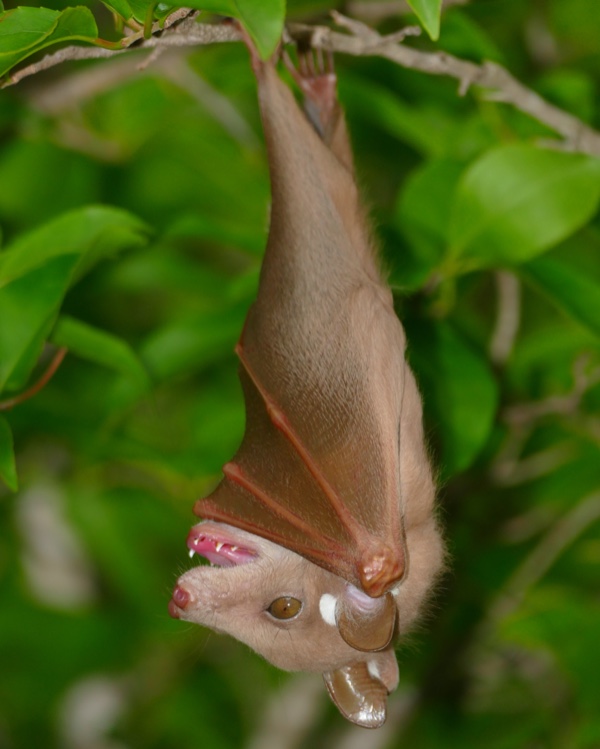Did you know: Today is International Bat Night

In South Africa, we have about seven fruit eating bat species, and a further 65 species which eat insects.
Today is International Bat Night and it is there to celebrate and appreciate these small mammals, who play a big role in our environment.
Bat Night was first started in 1997 and is celebrated in dozens of countries where efforts are being made to preserve populations of bats through education and protection of their natural habitats.
Mention bats and people start imagining dark creatures of the night sucking your blood. Despite Hollywood depictions, these mostly nocturnal small rodents play an important part within the ecosystem.
READ | Win this R500 voucher with Student360
And no, they do not fly in your hair. The only danger of the vampire type of bat is its potential to spread rabies and even that is rare, as bats mostly avoid people.
Only 10 people in the past 50 years have been bitten by a bat. What they actually do is important in keeping nature’s balance is consume the insects which spread disease and result in crop damage.
Seeds dropped also play a part in the reforestation of rainforests. Besides keeping mosquitoes at bay, there are bats that are nectar feeding, thereby pollinating and spreading plants.
ALSO READ | Our first digital magazine – and it’s all about home schooling
In South Africa, we have about seven fruit eating bat species, and a further 65 species which eat insects.
At the De Hoop cave in the Western Cape, a colony of 300 000 bats manage to munch their way through 100 tons of insects in a year.
Because some species of bat are becoming endangered, and because they’re so good at keeping mosquito populations in check, it is illegal to poison bats.
The Endangered Wildlife Trust of South Africa has a Bat Conservation Group which is involved in research and conservation of our bats.



